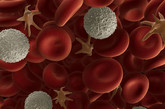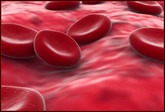Biosimilars/Research
|
Posted 12/12/2014
When the patent of a classical small molecule drug expires, generics may be marketed if their therapeutic equivalence to the originator drug has been established. The therapeutic equivalence of a drug includes both pharmaceutical equivalence and bioequivalence and do not require formal clinical efficacy and safety studies. The demonstration of therapeutic equivalence then allows for the interchangeability of the generic and originator drug. This approach has so far only been applied to products that can be fully characterized. For more complex molecules, which are difficult to characterize, such as proteins, the demonstration of bioequivalence requires an alternative approach.























